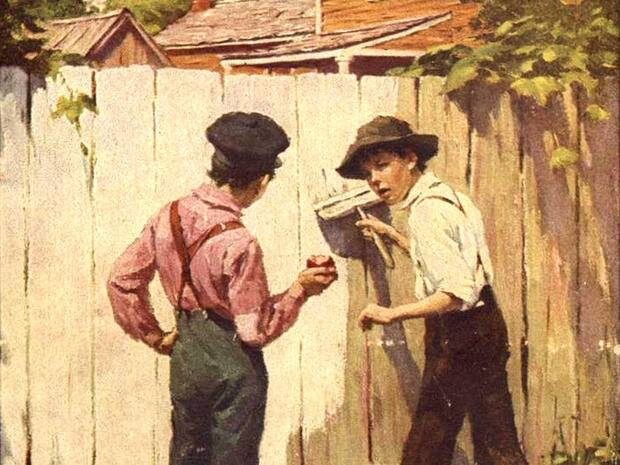I need regular doses of solitude to recover from sensory onslaught. This doesn’t mean I am anti-social. I’m deeply social, but I do need a fair amount of downtime.
Tag: sensory processing
Pro tip: it’s fine to want to understand your autistic friends’ sensory and accommodations issues, etc., but please don’t frame it as a “Gotcha.”
I truly do not know why some parents don’t want to listen to autistic adults. There is so much good autism information for parents from autistic adults, and so much of it is freely available, and yet the parents choose not to know.
For instance, autistic inertia means that it’s harder for autistic people than it is for other people to stop, start, and change activities.
Autistic people process our senses differently, and that’s okay! Autism makes us who we are, and sensory processing is an important part of being autistic. People should try and understand autism and how it makes us different, instead of trying to change us.
Sara M. Acevedo [image: Book cover of The Out-of-Sync Child Grows Up: Title in teal text, on background photo of five older kids running across a field, from behind.] The Out-of-Sync Child Grows Up is the newest book from Carol Stock Kranowitz in her “Out-of-Sync” Child series. Subtitled “Coping With Sensory Processing Disorder in the Adolescent and Young Adult Years,” the book focuses on the everyday experiences of parents, caregivers, and medical professionals who support adolescents and young adults marked oppressively by diagnoses like Sensory Processing Disorder (SPD). Although a significant number of the concepts and practices included in this book are discredited and marked as abusive by autistic and other neurodivergent people ourselves, the book has received substantial praise from non-neurodivergent authorities in the therapeutic professions, as well as from clinicians, parents, and educators. The book has also been praised by The Children’s Hospital in Boston, and contributors of…
“It’s hard a lot of the time to know what I’m supposed to be paying attention to, what’s relevant to that particular conversation. I have to sift through all of the data and consciously keep track of what matters, and what doesn’t.”
Tony and Mary Brandenburg theebrandenburgs.blogspot.com Taking a shower feels like needles stabbing my head! The sound of that fan is making my ears hurt. I feel like I’m suffocating when you hug me. Image source: TVTropes.com Maurice Sendak, who wrote and illustrated Where the Wild Things Are, was amazingly astute in his observation of children for a person who had none of his own. During his acceptance speech for the Caldecott Medal in 1964 Sendak stated that: “… from their earliest years children live on familiar terms with disrupting emotions, fear and anxiety are an intrinsic part of their everyday lives, they continually cope with frustrations as best they can. And it is through fantasy that children achieve catharsis. It is the best means they have for taming Wild Things.” When an outsider is simply observing a child’s public behavior — especially the challenging ones — it may be difficult…
There really are no good articles on how to help an autistic person process grief. It is with this hole in mind that I create this article.







